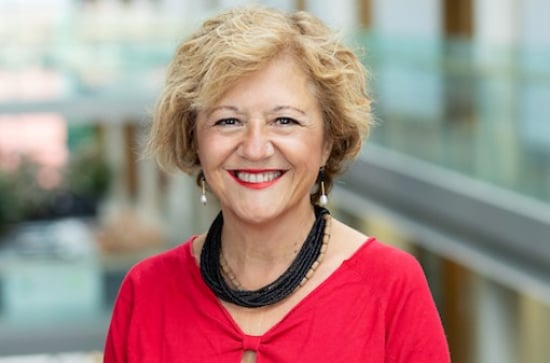Dr Mercedes Carbayo-Abengozar

Spanish & Latin American Studies, Motherhood Project, School of Modern Languages, Sexualities and Gender
Lecturer / Assistant Professor
Biography
Publications
Biography
My first degree was in Spanish Literature and Linguistics. I did it in the University of Alcalá de Henares, Spain, and at the time I thought that my career would be in linguistics as I loved sociolinguistics, in particular the gender perspective. However, after a postgraduate year at the University of Durham in the UK studying literature, I realized that my heart was split into the two disciplines but that there was something linking them: my interest to understand Spanish society through the parameters of gender. I did my PhD at Durham on the work of the Spanish writer Carmen Martin Gaite. After analysing the critical reception of her work in different periods in terms of a specific rhetoric about women and writing I came to the conclusion that despite Gaite´s contradictory public relationship with feminist theory and practice in Spain, her writing was informed by feminist struggles in Spain in a number of ways. Within the same framework and driven by Gaite´s and my own interest on popular culture, I developed an interest in popular music. In the same contradictory ways that Gaite related to a particular kind of feminism, “coplas” have been identified with specific discourses and particularly with the conservative of the Franco regime. As in the case of Gaite, I argue that “coplas” have been historically informed by feminist struggles in a number of ways and that they have negotiated with different discourses in order to keep their popularity and to carry on opening a window in women’s lives.
After 24 years as a Senior Lecturer in different universities in the UK I arrived in Maynooth in February 2015. My intention is to carry on with my research in the same areas but also adding new perspectives within gender studies. In particular, I am interested in the fluidity of identity in adoption studies.
After 24 years as a Senior Lecturer in different universities in the UK I arrived in Maynooth in February 2015. My intention is to carry on with my research in the same areas but also adding new perspectives within gender studies. In particular, I am interested in the fluidity of identity in adoption studies.
